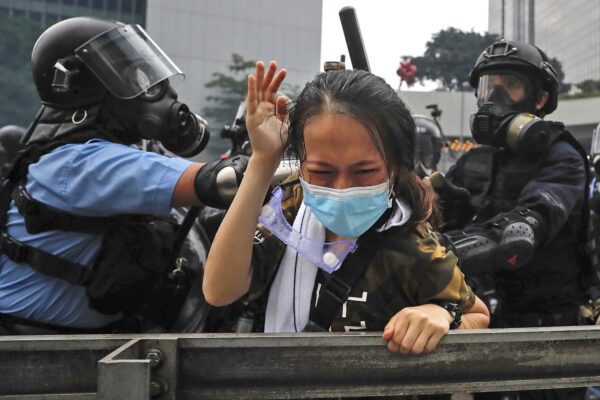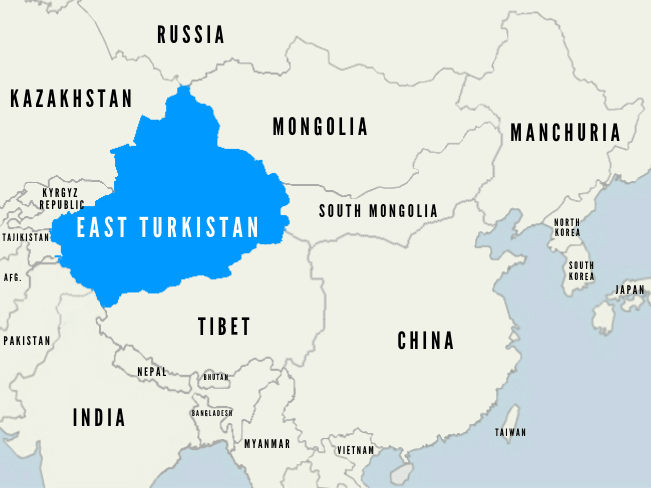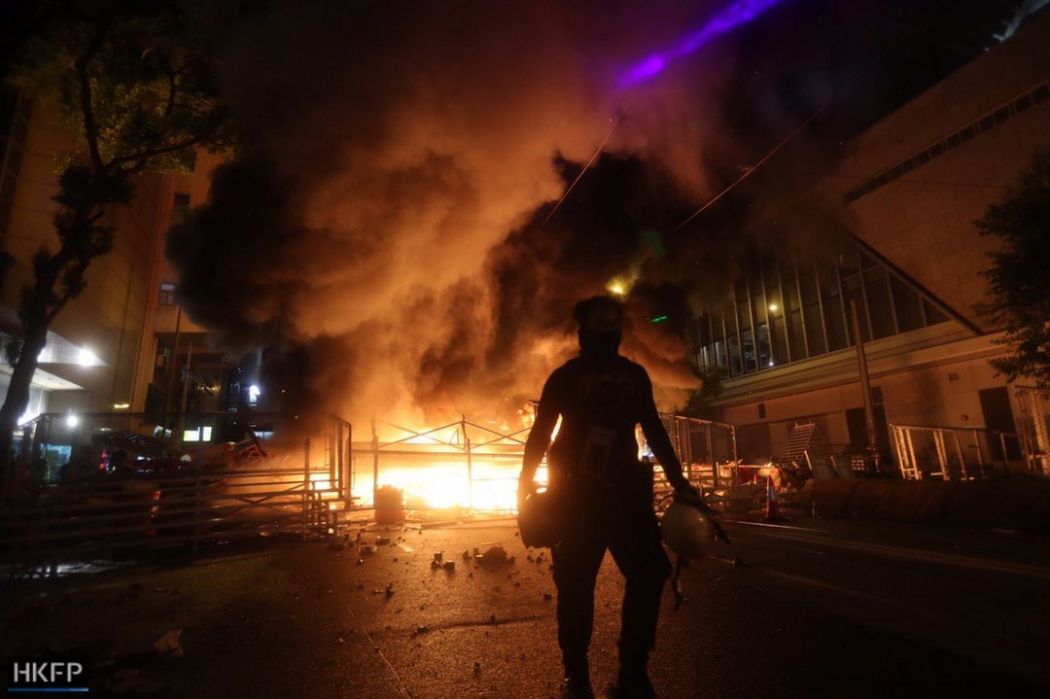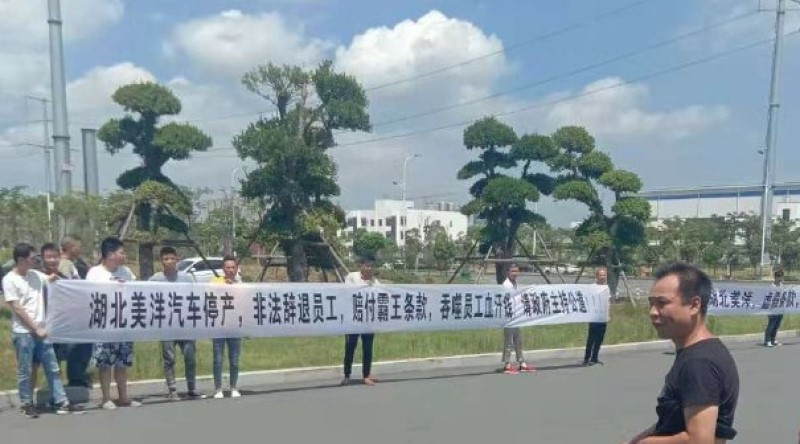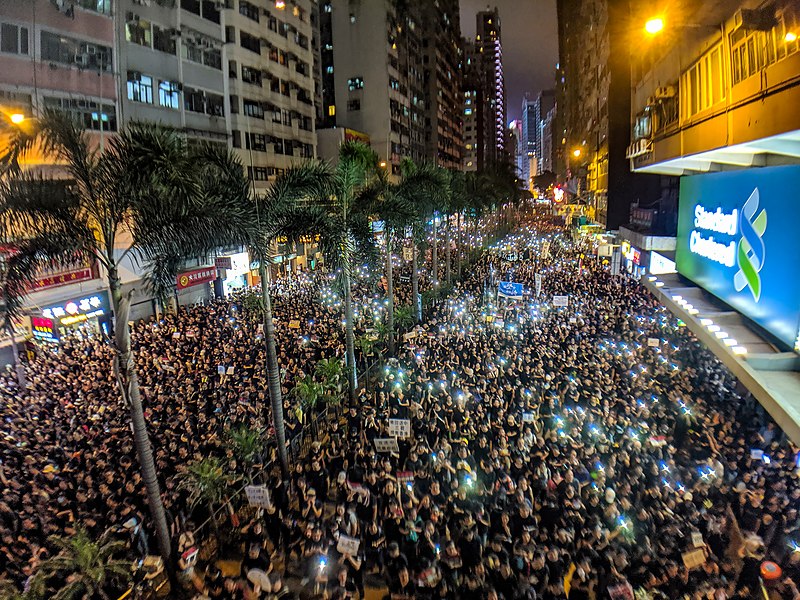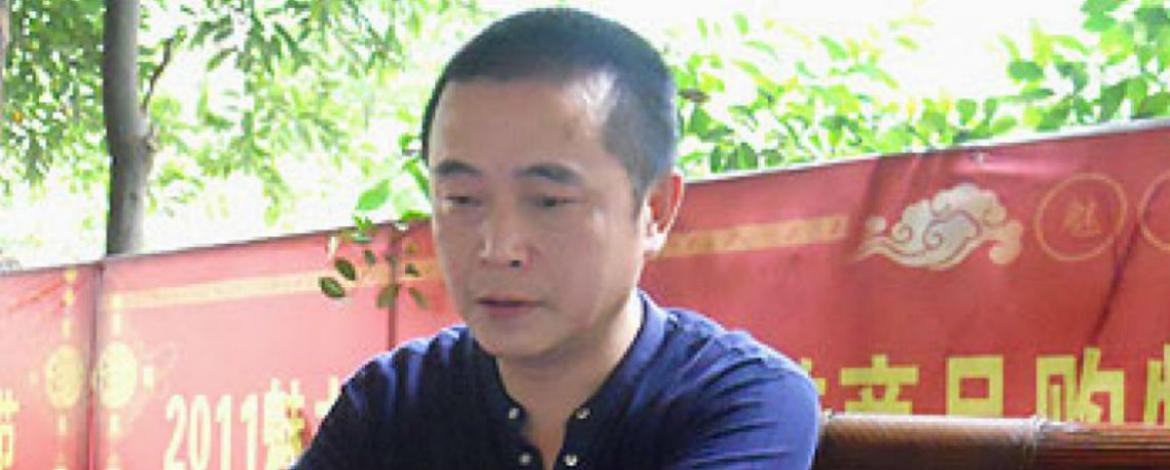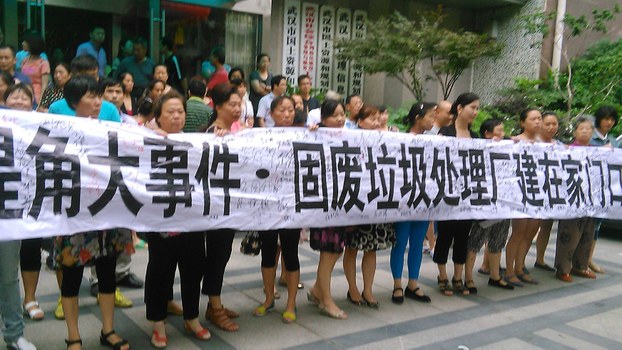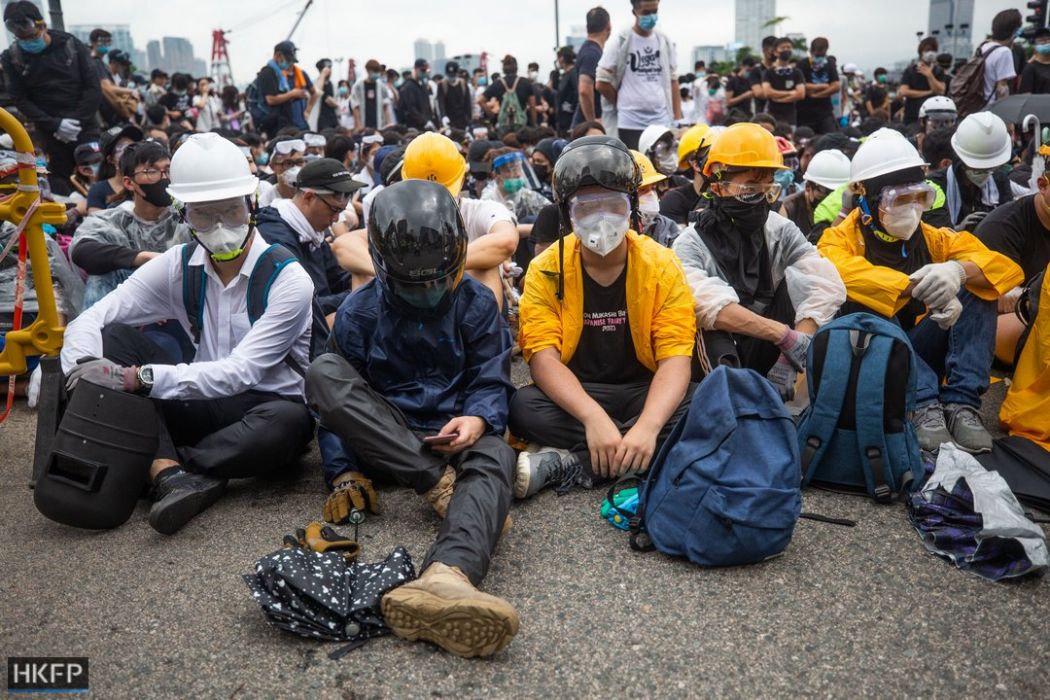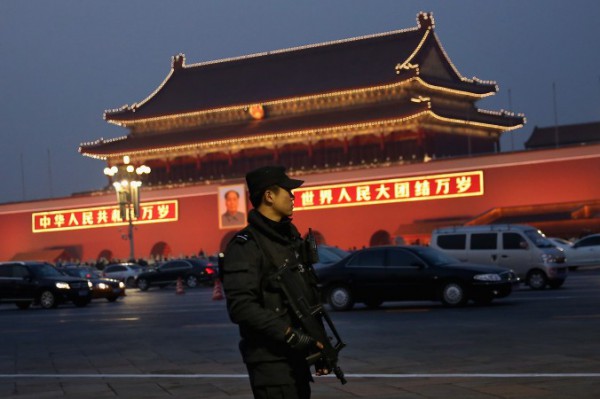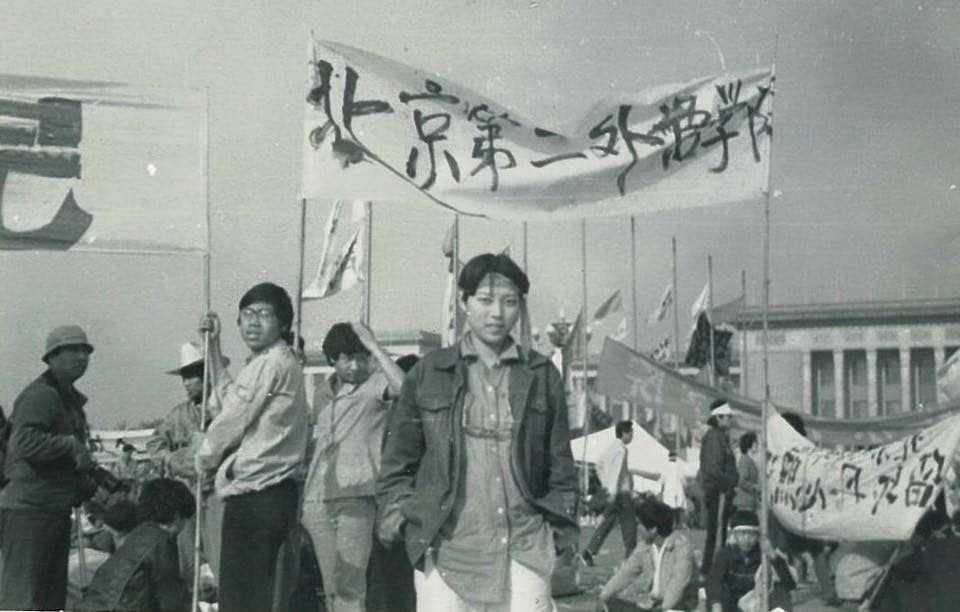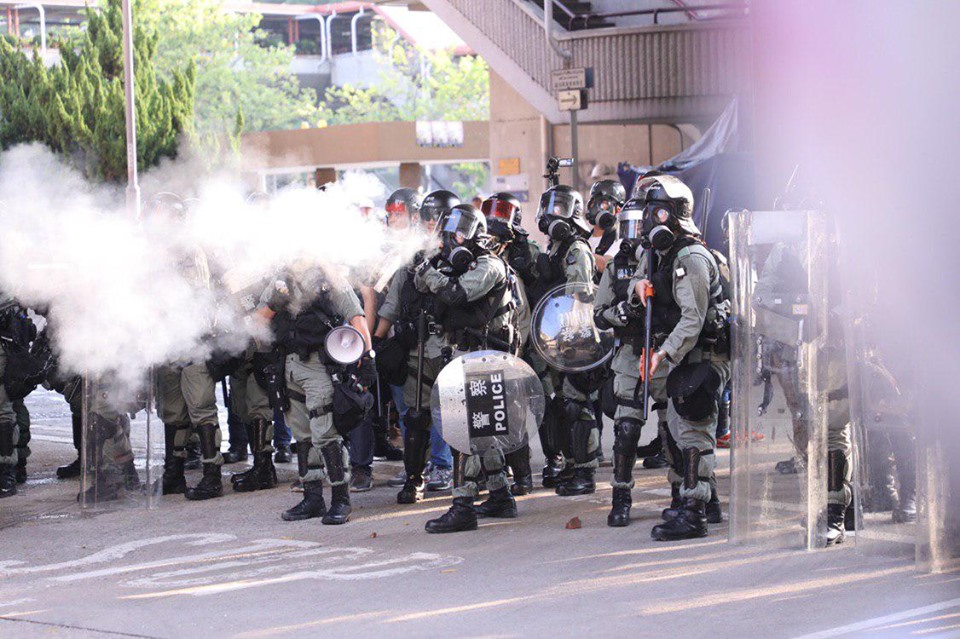
Amnesty accuses Hong Kong police of torture
Amnesty International demanded an investigation based on findings of human rights abuses including torture by the Hong Kong police. Amnesty’s report focuses on brutality during arrests stemming from the recent mass protests. Interviews of arrested persons and their lawyers by Amnesty revealed that while police violence most commonly occurred before and during arrest, in several cases detained protesters have also been severely beaten in custody and suffered other ill-treatment amounting to torture. (Photo: United Social Press via HKFP)



